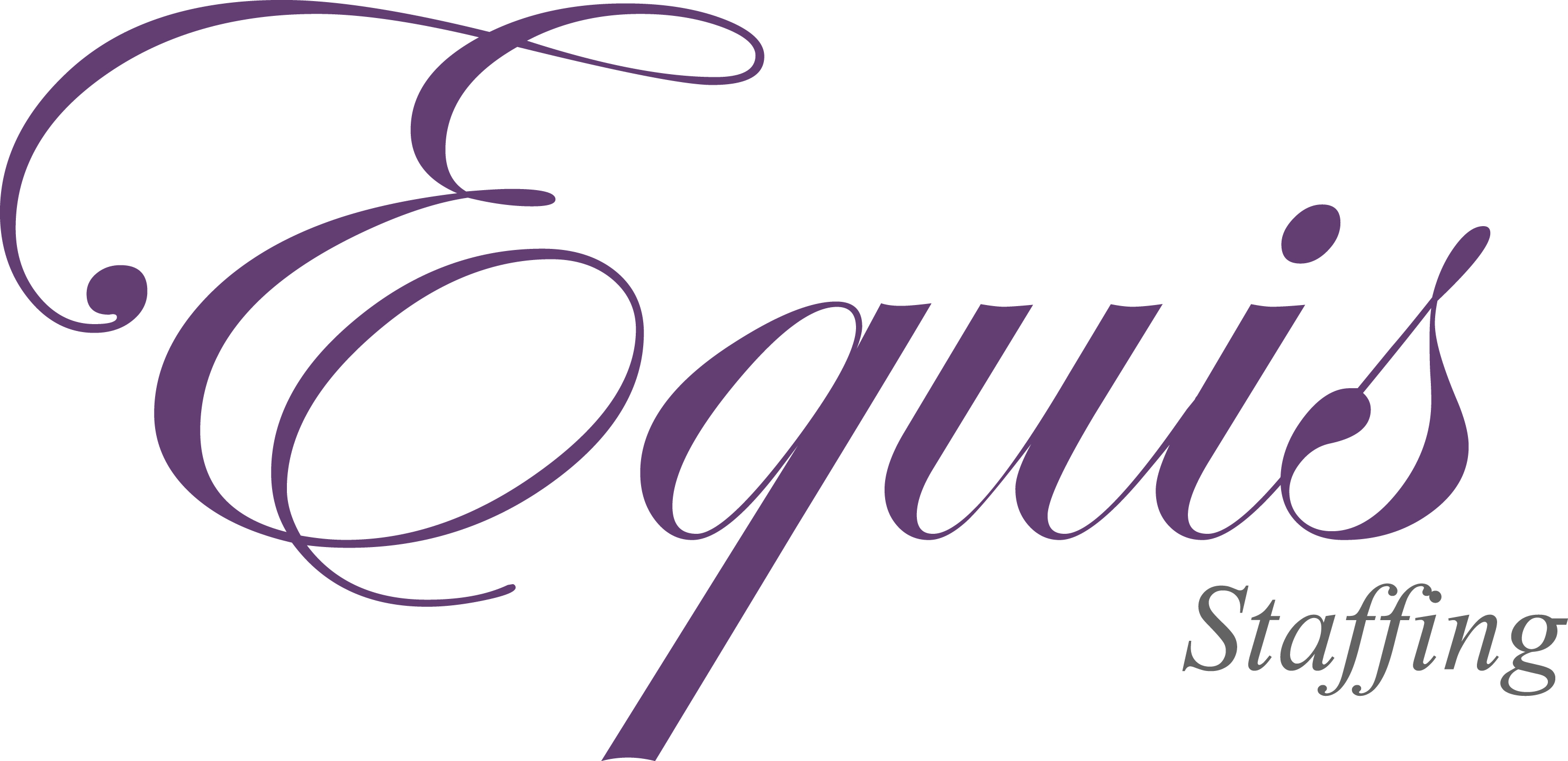While many of these ideas seem like “no brainers” we are regularly shocked by candidates bad behavior on Facebook. We would think some of these things would be common sense, but to often a Facebook profile can become a deal breaker for a seemingly solid candidate.
Besides being effective marketing platforms, social media sites such as Twitter, Google Plus, and Facebook, are increasingly leveraged as professional vehicles for networking, job seeking, and recruiting. And, very importantly, as convenient resources for employers to find out information about their employees, sometimes to the employee’s detriment. Amongst these, Facebook has been often been cited as a quick and easy way to career self-destruction: when a job seeker or employee suddenly find themselves out of an offer, or even a job, because of indiscreet comments and posts on the networking site.
If you put it on the Internet and make it accessible, be prepared to have it seen, even by your employer. For job seekers especially, you need to assume that a hiring manager will want to find out as much about you as they can, including researching you online and perhaps looking at your beautifully pictured and carefully curated Facebook page. So be smart, and follow these few recommendations on what NOT to post on Facebook:
- Derogatory comments about your previous, current, or prospective employer. The same goes for your boss or other “higher ups”. The reason to refrain from bad mouthing your current or future boss is evident, but hiring manager will also not want to see the tendency in a potential employee to rant about their employer.
- Incriminating statuses or photos. If you take a “sick day” or have a “family emergency”, don’t let your boss or colleagues (who are likely your Facebook friends), see a photo of you day drinking in the park with your friends on that same day, with an accompanying status of “LOL ‘sick day’. thanks, suckers at work.”
- Specific comments about sensitive subjects. These include: job searches, interviews, raises, or new jobs. If you’re employed, these are not subjects your boss will want to know about. Even if you are unemployed, it is better to refrain from potential minefields with prospective employers.
If you don’t want to have to toe the line on your personal Facebook page, you can simply make your profile private, so that only those you allow can access it. However, doing so can mean passing up the benefit of using Facebook (an effective network for recruiting according a Bullhorn Reach survey) to your professional advantage.
According to the Bullhorn Reach survey, 22% of recruiters used Facebook to recruit candidates in 2012, and 16.7% of recruiters were successful in placing candidates using the network. Though Facebook lags behind LinkedIn in utilization rate, it is nevertheless an effective and successful recruiting channel and provides recruiters with candidates with the same or potentially higher quality (more placeable) candidates than Twitter.
This means that keeping the “Work and Education” section of your Facebook page updated, showing interest in industry news and activities, and keeping your Timeline free of grossly unprofessional items, can help you stand out in a recruiter’s search and land the job you want. If you happen to be in IT or finance and banking, you should take special care to keep on top of your social network “game”, as the same survey suggests that power social recruiters - those that are actively recruiting on social networks - are most likely to recruit for the IT industry, by far, followed by finance, health care, and manufacturing.
As the largest social network in the world, Facebook can be a great connectivity channel for a job seeker. However, it can also be a minefield for current and future employees. Understanding how Facebook and your social media footprint can affect your career is your first and most important step in utilizing these tools to your professional advantage.
If you want specific advice or are looking for a job in these industries, please get in touch.



.png)